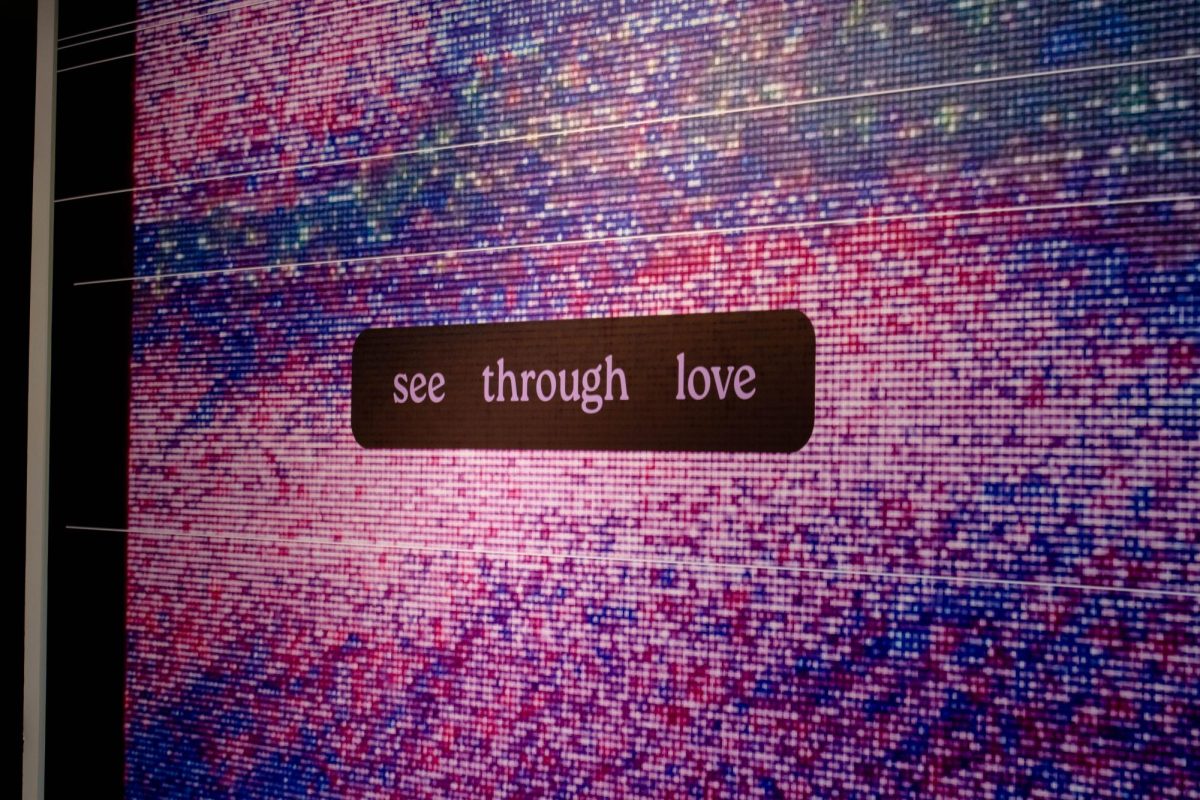Last January, Tom Petty, Beck and Courtney Love, among others, went to California’s state capitol with the founders of the recently-formed Recording Artists Coalition: Don Henley and Sheryl Crow. They went to fight for artists’ rights and against record companies’ contracts, which they described as creating an indentured servant-like relationship between the artist and the label. You wouldn’t know this, however, if you listened to some of their songs. While Crow is soaking up the sun, Love is sparring with Geffen and Dave Grohl, and Beck is emotively singing about his recent break-up.
However, Tom Petty and Steve Earle have both recently come out with albums (The Last DJ and Jerusalem, respectively) that tackle “controversial” subjects. Earle writes about the Middle East, our president and John Walker Lindh, as Petty sticks to slamming CEOs of record companies (or “You could substitute the business of your choice,” said Petty in a recent interview) – both comment candidly about America’s corporate and consumer culture.
They’re not the first to tackle these subjects. Artists like Ani DiFranco have long been writing about the record industry – as well as pioneering her own label, Righteous Babe Records – in songs like “Napoleon” and “Fuel.” DiFranco, a kind of punk-folk goddess to her die-hard core of fans has always been a bold commentator on injustices, including corporate greed, gun culture, racism and homophobia.
Sure, there are countless folk, punk and hip-hop artists like DiFranco that rhapsodize about the ills of society and the menacing big label heavies to whom they would never sell out. But this message is especially potent when it comes from artists whose songs have been staples for the very corporate-owned radio stations that they are combating. Enter Tom Petty and, to a lesser degree, Steve Earle.
Petty’s “American Girl” and “Refugee” are old warhorses in the realm of classic rock radio. Yet Petty is no newcomer to battles with his corporate producers: He fought MCA Records in the 1970s over his contract and to keep the list price of his albums down. Although he ultimately won, he had to file for bankruptcy in the process. On his new album, The Last DJ, Petty returns to this territory. He sings about the cold-blooded corporateness of the music industry and how it not only affects artists, but music fans as well. On the title song, Petty laments the monopolization of radio stations across America, “There goes your freedom of choice/ There goes the last human voice/ There goes the last DJ.” He also indicts his listeners with this disdainful statement: “We celebrate mediocrity.” Petty’s lyrical message is greater than his musical one – most songs never really take off melodically, save for the infectious title track and his few optimistic songs, such as the loving “You and Me.” Nonetheless, Petty still maintains complete authenticity and conviction with his commentary.
In the meanwhile, the gruff-voiced Steve Earle has generated a lot of press with his new album Jerusalem. In his eclectic collection of electronica-tinged-traditional-country-rock (whew), Earle comments on current American culture, drawing from religious allusions and metaphors. His songs include lines like, “I don’t remember learnin’ how to hate in Sunday school.” Earle’s album is a call for peace, coupled with an examination of the news media. He looks at our depictions of the Islam and Christianity, as well as offering pointed commentary on American prisons. Most famously, the album contains a sort-of comparison of so-called American Taliban John Walker Lindh to Jesus on the song “John Walker’s Blues.”
Here, Earle lays out an alternate view of Lindh. He portrays him as a lost kid who is looking for something to believe in. In the song, Earle takes on the voice of Lindh, and has him say, “I’m just an American boy raised on MTV /And I’ve seen all those kids in the soda-pop ads /But none of ’em looked like me /So I started lookin’ around for a light out of the dim /And the first thing I heard that made sense was the word /of Mohammed, peace be upon him.”
Earle is not endorsing the Taliban here. But along with Petty – and hopefully other artists will follow – he has writing evocative lyrics, expressing thoughts that won’t necessarily guarantee him record sales. And in a music world where corporate monopolies control most of the records we buy and the radio stations we listen to, anything that challenges comfortable, mediocre, moneymaking music is worthy of our attention.







